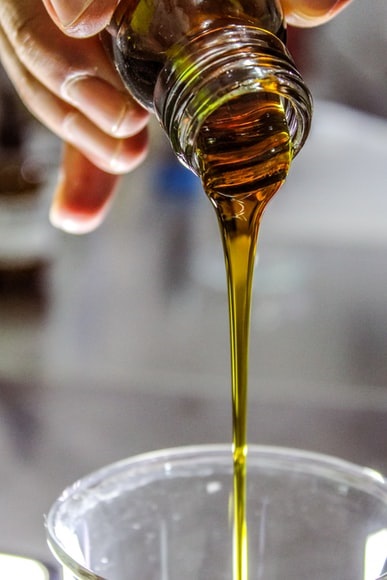“A woman came to Him having an alabaster flask of very costly fragrant oil, and she poured it on His head as He sat at the table. But when his disciples saw it, they had indignation, saying, To what purpose is this waste?” (Matthew 26:7-8, NKJV)
“She has done what she could. She has come beforehand to anoint My body for burial.” (Mark 14:8, NKJV)
Each year in the days before Easter, I take time to read through each Gospel account of the events leading to the Lord’s betrayal, crucifixion, and then His glorious resurrection. I use this as a time of reflection so I will not forget the price He paid for my salvation. It was a painful journey for Him, but He willingly endured it all for me and for you.
One of the stories given in the Gospels is of the woman who anointed Jesus with a flask of costly perfumed oil. This happened just two days before Passover while Jesus and His disciples ate at the home of Simon, the leper, in Bethany. The unnamed woman’s action was a beautiful expression of love and worship, but it drew sharp criticism—the Bible uses the word indignation—from the disciples of Jesus. They insisted this was a waste of money that could have been better spent on caring for the poor.
The Lord rebuked those criticizing the woman, saying she had done “a good work” by anointing Him in advance of His burial. In fact, He continued, her deed would be told as a memorial to her wherever the gospel was preached. Her extravagant act of love still speaks to us today and can teach us important lessons.
She held nothing back. She poured out all of the fragrant oil, not just a few drops. She knew that once she broke open the long slender neck of the flask, it could not be resealed. It was a deliberate extravagant act on her part.
She was unmoved by the opinion of others. If the Lord heard the indignant comments of others, she did as well. But she did not respond; she did not flee the room. The only opinion that mattered to her was the Lord’s.
What she did was “a good thing.” Others present missed the purpose of what she did. To them, it was a rash, wasteful act. But nothing is wasted when we use all we have for the Lord.
The fragrance of her action filled the room. The scent of the perfume drew their attention. True worship is a witness to others.
She did what she could. And that was enough. Sometimes we offer excuses that we cannot do this or that because we aren’t as talented as someone else. All the Lord really expects from us is to do what we can. That will always be enough in His sight.
As I read this woman’s story, it causes me to ask, “Do I love God as extravagantly as she did? Do I give my all in serving Him? Or do I allow the opinion of others to hold me back?”
When I stand before the Lord, I hope to hear Him say, “She loved Me extravagantly. She did what she could.”



Comments are closed.